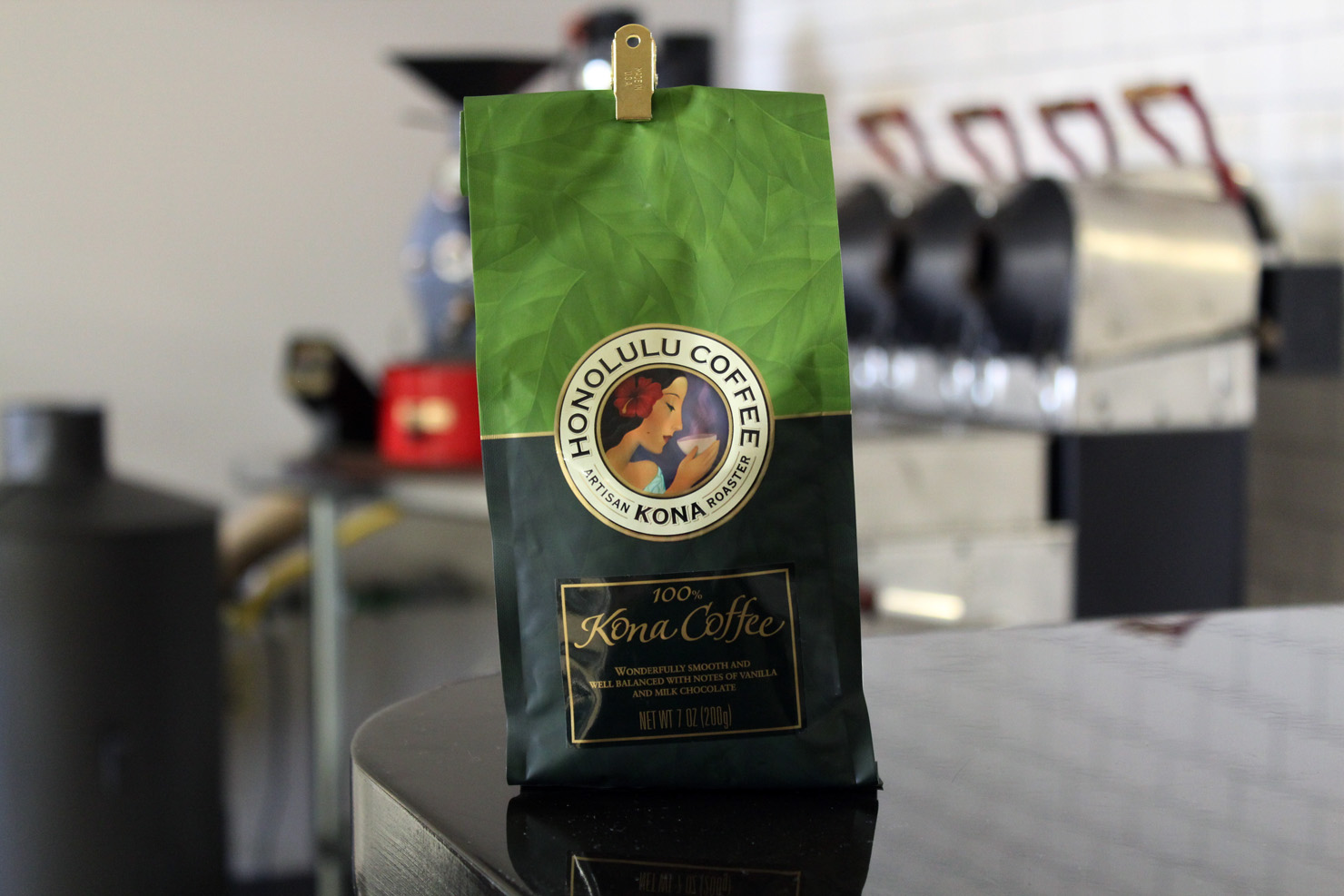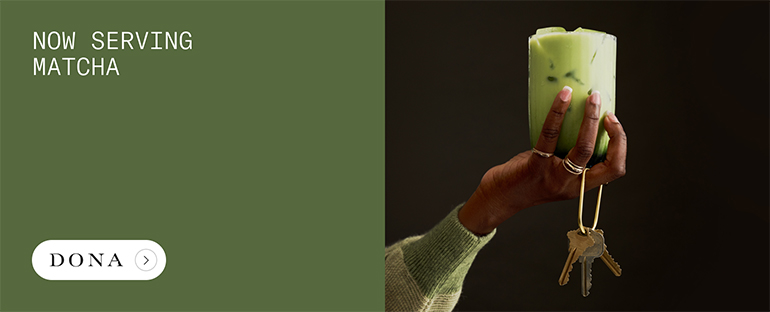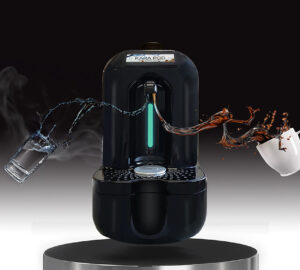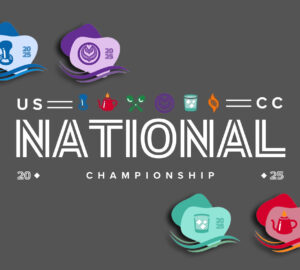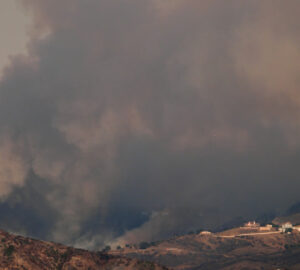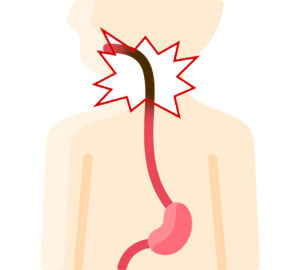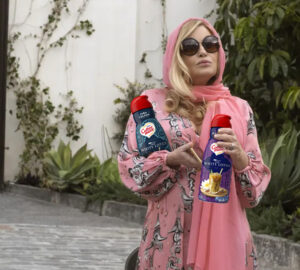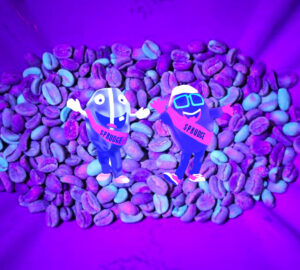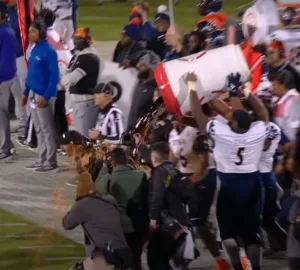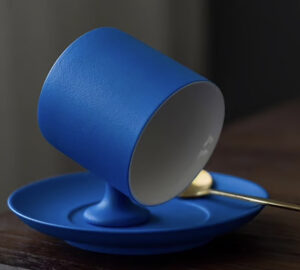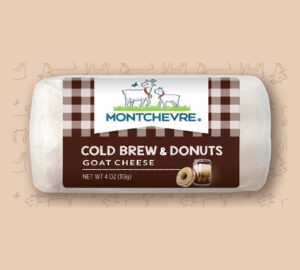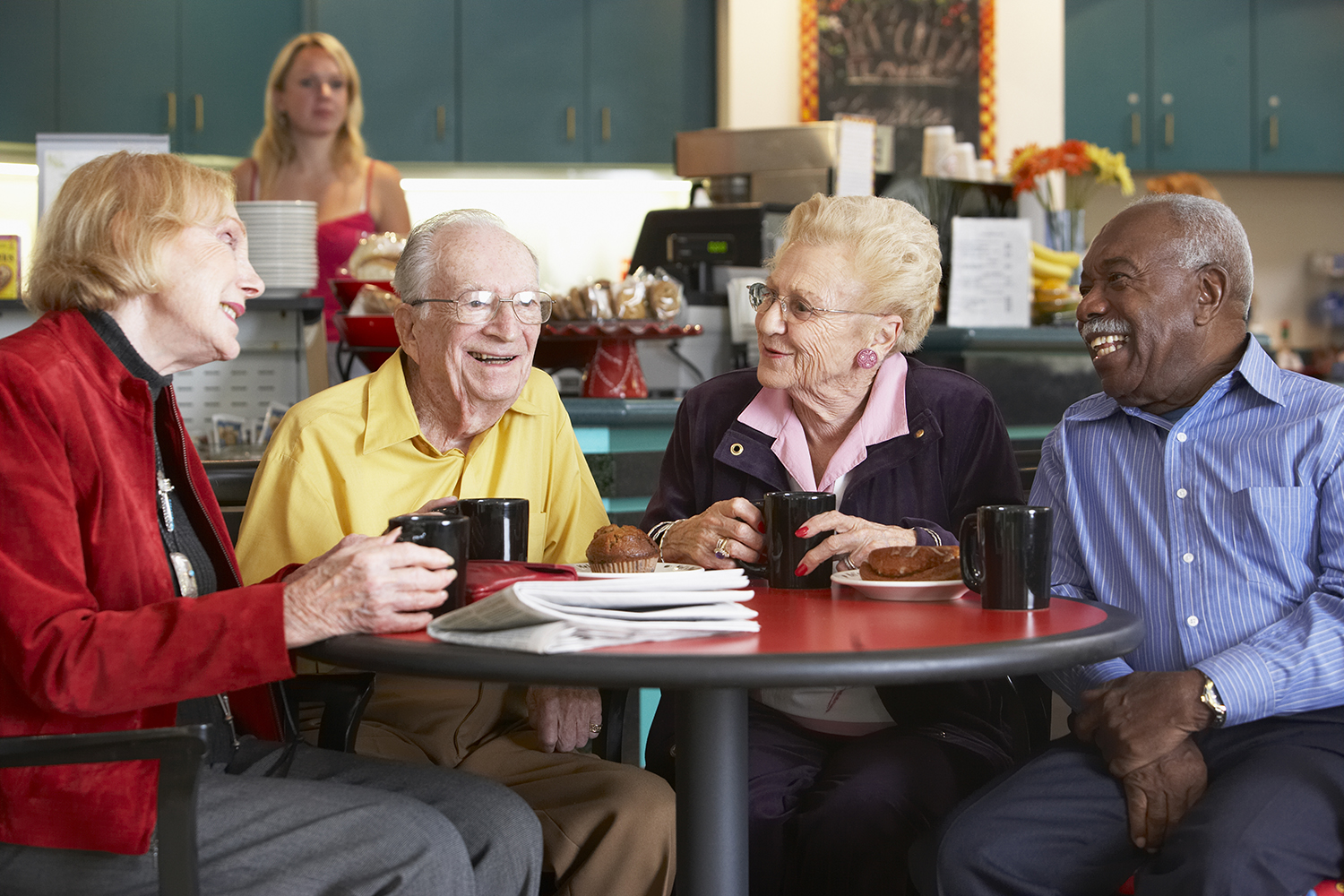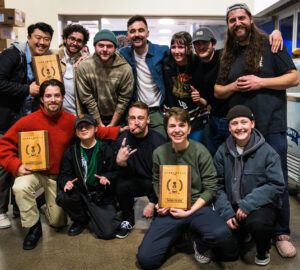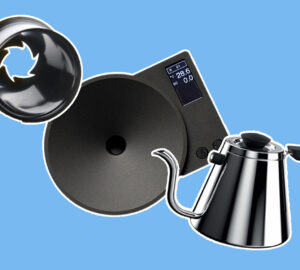In January, we reported on a new bill being proposed by Hawaiian lawmakers requiring there to be more Kona in that bag of Kona coffee. The law as it was then written only required a minimum of 10% of a coffee to be Kona in order to be labeled as such. The rest could be… whatever. That law has since been passed, requiring a coffee to be 51% Hawaiian to carry such a label. But some in the Hawaiian coffee industry have concerns about how the legislation will negatively impact farmers.
As reported by SF Gate, the law isn’t set to go into effect until 2027 and was proposed as a means of protecting both consumers from misleading marketing as well as producers from a watered down product. Some, like Representative Nicole Lowen who introduced the bill, see it as a win. “The percentage of Kona Coffee required for it to be labeled Kona should be 100%, but given that this is the first progress made on this in more than 30 years, it’s a huge win.”
Still, others are concerned about the real-world impact of the law. Shawn Steiman of Coffea Consulting and Grok Coffee notes that, while the he is “philosophically for” the law, 100% Hawaiian coffee is already available on the market and folks still gravitate toward the diluted stuff. If those coffees are now required to carry five times as much Hawaiian coffee, they are also likely to come with a heftier price tag, which may deter consumers.
“If the point is to make a law saying we believe in this product and its identity, then do that,” Steiman said. “51% is saying, ‘We want to be honest, but we don’t want the economy to crash around us.’ It’s like hedging. That’s how I feel it is. The philosophy is that this is an identity we’re protecting. Then let’s protect it. Then just say 100% local is the way it’s got to be sold.”
It’s a sentiment echoed by owner of specialty roaster Big Island Coffee Brandon von Damitz. “While we commend the approach and effort, in our view, the study did not sufficiently support the positive economic impact of raising the required minimum percentage of Hawaii-grown coffee.” Von Damitz continues, “The main question to consider is this: Will the people buying 10% Hawaii blends transition to buying 51% blends? We do not think so. Will the people buying 100% transition to also buying 51%? Maybe, but likely not enough to compensate for those that used to buy 10% blends.”
The reaction shines a light on a complicated issue. Because yes, selling coffee under false pretenses is bad. If a roaster was marketing a coffee as a single origin but was actually blend—never mind marketing something high end like a Gesha but only having 10% Gesha—folks would rightly be up in arms about it. But as it stands, roasters have been able to brand coffee—admittedly misleading—as Kona when it may in fact be the smallest percentage of any coffee in a bag, which has allowed them to sell their product at a much friendlier market price, one that consumers have grown accustomed do. If that price doubles or triples even, will it still be as attractive to consumers who are used to an artificially low price?
It’s the dichotomy of ideals versus impact. It’s clear that there a change to the law is required, to protect both farmers and consumers, but how to best implement that change in a way that mitigates the negative impact still remains an open question.
Zac Cadwalader is the managing editor at Sprudge Media Network and a staff writer based in Dallas. Read more Zac Cadwalader on Sprudge.











